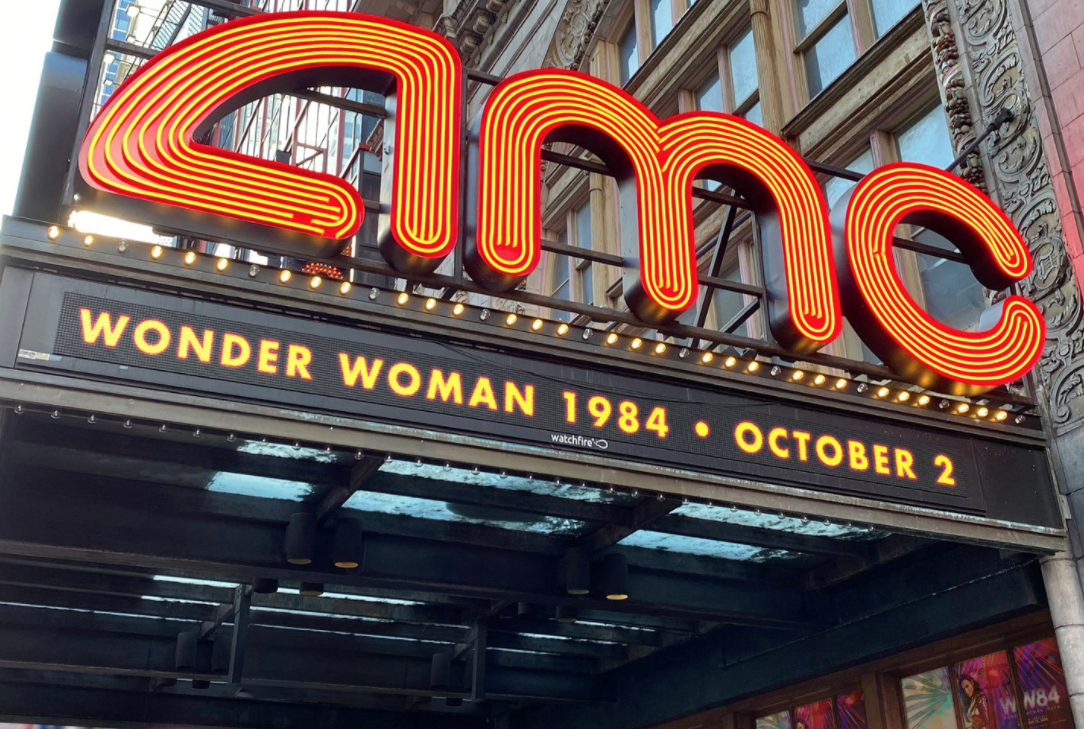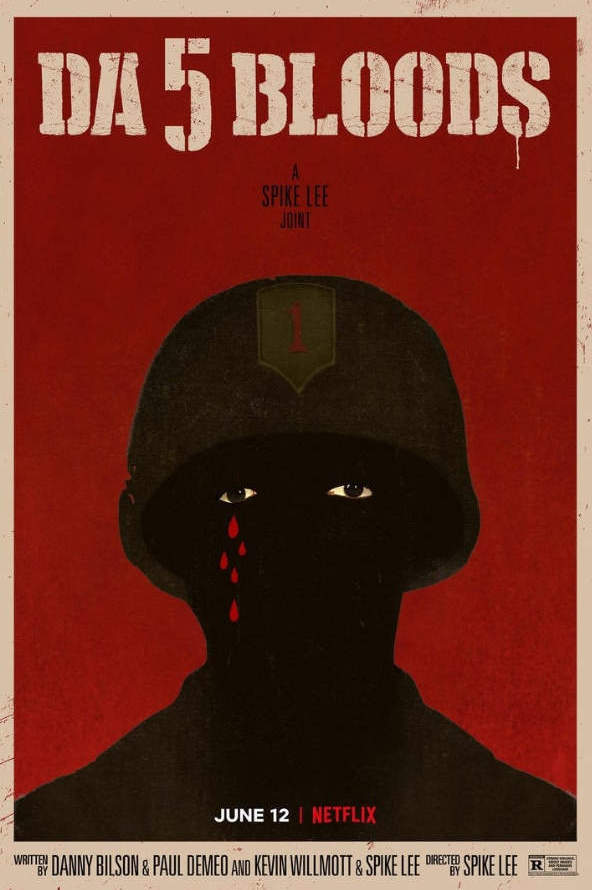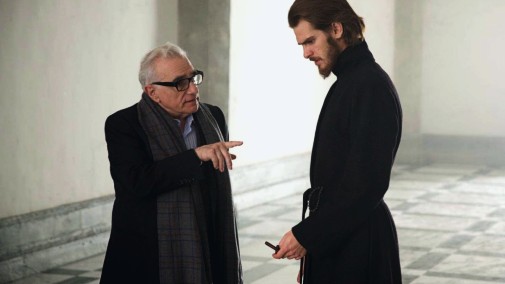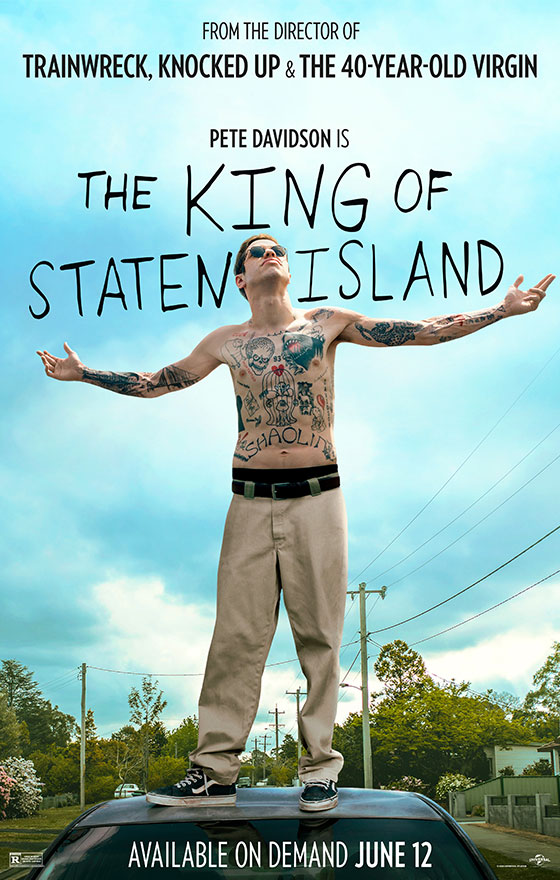What did you see this week? (and the current "schedule" for movie theaters)
 Sunday, June 14, 2020 at 10:00PM
Sunday, June 14, 2020 at 10:00PM 
It has recently come to our attention that y'all miss the part of the weekend box office reports that were essentially a "what did you see this week?" comment party. So let's revive that because who knows when the hell we'll be back in movie theaters. The release dates keep shifting back by a couple of weeks or a couple of months here and there. There are rumors that even West Side Story is vacating the Christmas slot even though filming wrapped up long before the shutdown. Currently here is the wide release schedule...
 Tenet,
Tenet,  Wonder Woman,
Wonder Woman,  moviegoing,
moviegoing,  release dates,
release dates,  streaming
streaming 




